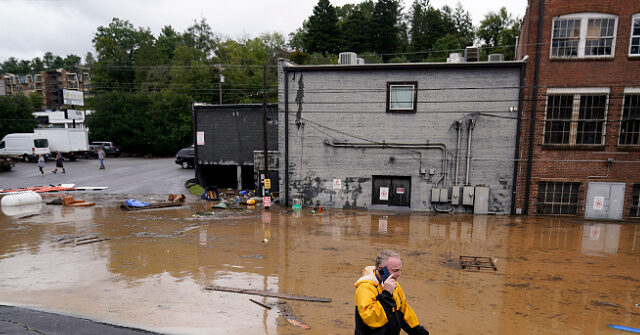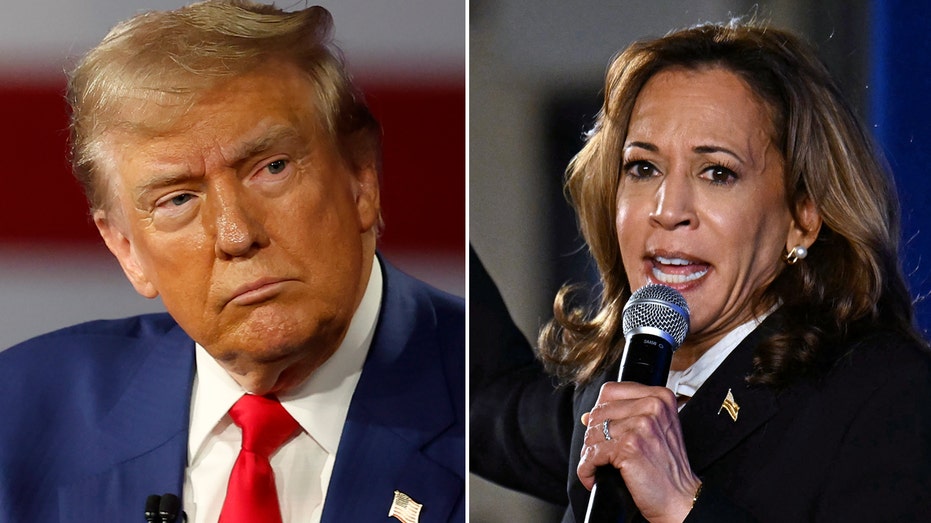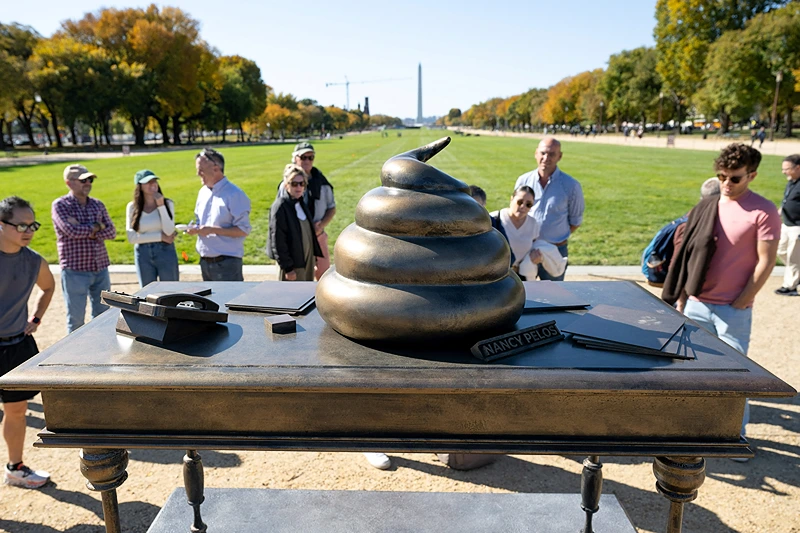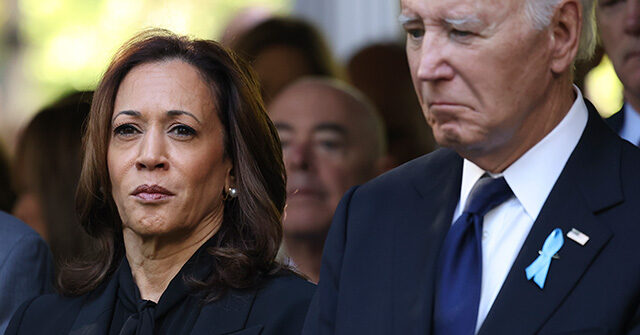Politics Makes for Bad Wrestling
It remains to be seen whether wrestling makes for bad politics. The post Politics Makes for Bad Wrestling appeared first on The American Conservative.

Politics Makes for Bad Wrestling
It remains to be seen whether wrestling makes for bad politics.

Which professional wrestler are you siding with this November?
This might sound like a preposterous thing to say—a sentence from Mad Libs, perhaps. Yet somehow it has become a valid theme in political discourse as we approach the U.S. presidential election.
Veteran pro wrestlers have been split between Kamala Harris and Donald Trump. Dave “Batista” Bautista and Mick “Cactus Jack/Mankind/Dude Love” Foley have endorsed the Democrats. Glenn “Kane” Jacobs, Terry “Hulk Hogan” Bollea, and Mark “The Undertaker” Calaway have endorsed Trump.
Trump appeared in a TikTok video with Jacobs and Calaway, in which the former Undertaker asked his fans to “take your pick” at “ElectionMania”—Trump, Kane, and the Undertaker, or Harris, Walz, and Batista.
Calaway is a longtime friend of Bautista, and I think the video was meant to be lighthearted. But that isn’t how the fans took it. Republican supporters have been heaping abuse on Bautista and Foley, while Democrat supporters have been trashing Jacobs, Bollea, and Calaway.
Bizarrely, it hasn’t been enough for people to argue that these men have poor judgment or even bad morals. Some have been engaging in revisionist history about their careers—dismissing their accomplishments in the squared circle as if disagreeing with someone’s political opinions means that you cannot acknowledge that they have any talent or virtue in other areas of life. You like Trump? Then your grappling sucks!
This is all rather sad. Before I go on, I should be clear that these men have as much right to promote their opinions as I do (indeed, when it comes to the U.S. presidential election, they have more of a right). Jacobs is even an elected official. The former “Big Red Monster” has been the mayor of Knox County since 2018.
Yet sad the phenomenon remains. Once, you wouldn’t have known anything about a wrestler’s private life. Ric Flair, for example, was the limousine-riding, jet-flying, kiss-stealing, wheelin’n’dealin’ son of a gun, and what Richard Morgan Fliehr was like outside the ring was anyone’s guess. (Much the same, in actual fact, but that is beside the point.)
This sort of mystique helped the imagination to flourish. Wrestlers seemed larger than life. For decades, The Undertaker never let on that he had a separate existence as Mark Calaway. He did few interviews. He did no podcasts. He wasn’t even in many photographs. It made his character far more believably intimidating and impressive.
Now he has retired from the ring, though, he can’t stop nattering. He’s doing interviews. He has a podcast. He wishes people happy birthdays on Cameo. Somehow, The Undertaker has become the Undertalker. It is understandable, given that he must have spent so long suppressing his opinions and personality. I can’t go a day without banging on about my tedious ideas. Still, hearing Calaway congratulate “All Elite Scooby Doo” on getting married, or discuss trans issues with Donald Trump, can’t not diminish one’s mental image of the mysterious “Deadman.”
Granted, the omertà that once surrounded the stage-managed aspects of professional wrestling had its darker side. The struggles of performers were liable to be obscured because the focus was on their public-facing roles. The doomed Von Erich brothers, for example—whose story was told in the recent film The Iron Claw—faced drug addictions and mental health problems while being promoted as cheerful, wholesome southern boys.
Corruption in the industry was liable to be suppressed as well. The recent Netflix series Mr. McMahon covered just some of the dizzying array of scandals that World Wrestling Entertainment has managed to withstand—from the murder accusations leveled at its star performer Jimmy “Superfly” Snuka, to the sexual abuse of ring boys, to former CEO Vince McMahon’s own alleged involvement in sex trafficking and sexual assault. No institution is “apolitical” in the sense that it transcends questions about its ethical standards. There is, sadly, no cultural Garden of Eden.
Still, it is sad that the all-consuming intensity of American political life means that everything has to be reduced to the level of party politics. Even the bizarre fantasy world of wrestling has to be made duller and more spiteful by the intrusion of partisan debate.
Once, you could almost—almost—kid yourself that Cactus Jack was a benignly masochistic bedlamite and the Undertaker was an inexterminable giant. You knew they weren’t. But you could forget that for a moment. The suspension of disbelief becomes more difficult when you hear performers banging on about single-sex sports and January 6.
“Like tying your shoelaces or taking out the bins,” writes the author Jacob Phillips, “Politics has got to be done, but it isn’t an end in itself.” True. It is important inasmuch as it affects the ends of life—truth, love, beauty, and, yes, the sheer fun of seeing Batista execute a textbook powerbomb on the Undertaker.
Okay, truth, love and beauty might be more important than powerbombs. But you get the point.
The post Politics Makes for Bad Wrestling appeared first on The American Conservative.
What's Your Reaction?
















